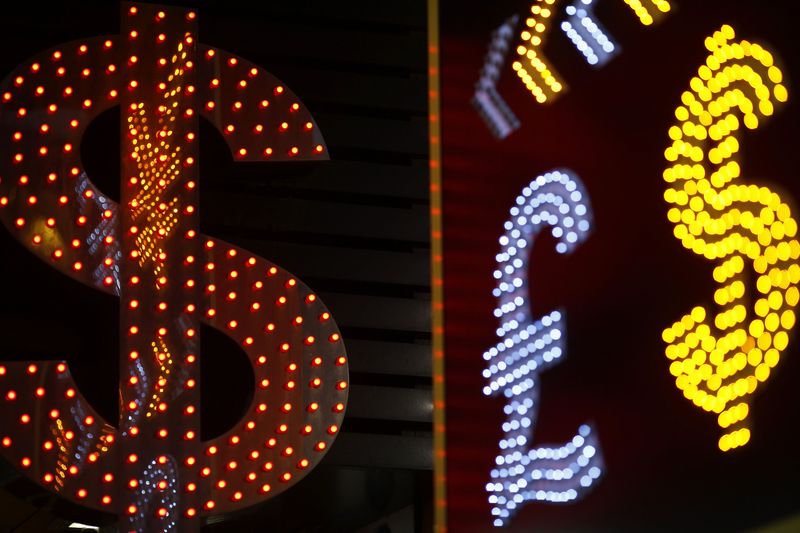(Bloomberg) -- Former Federal Reserve Chairman Ben Bernanke said the current Fed leaders were too slow to react to surging U.S. inflation and as a result face a period of stagflation, or a combination of stagnant growth and high inflation.
“The forward guidance, I think overall, on the margin, slowed the response of the Fed to the inflation problem,” Bernanke said in an interview broadcast on CNBC on Monday. “I think, in retrospect, yes, it was a mistake and I think they agree it was a mistake.”
Powell and his colleagues chose to respond gradually to surging inflation because they didn’t want to shock the markets with a repeat of the so-called taper tantrum in 2013, when Treasury yields surged suddenly under his leadership, Bernanke said. At the same time, he warned the outcome of such a slow response was going to be a poor economic performance.
“Even under the benign scenario, we should have a slowing economy,” Bernanke told the New York Times separately. “And inflation’s still too high but coming down. So there should be a period in the next year or two where growth is low, unemployment is at least up a little bit and inflation is still high,” he predicted. “So you could call that stagflation.”
It’s highly unusual for a former Fed chair to criticize a successor; recent chairs Alan Greenspan and Janet Yellen have seemed to go out of their way to avoid criticism. Bernanke’s comments were notable as an exception, though also carefully worded to not be especially harsh.
Bernanke made his comments as part of media appearances before the publication of a new book, “21st Century Monetary Policy.”
Prior to its more hawkish pivot, the Federal Open Market Committee had pledged not to raise rates until the economy was at a level consistent with full employment.
The Fed increased rates by a half point earlier this month, the largest single hike since 2000, and Powell said similar moves were on the table for the next two meetings. Officials also announced they would start shrinking their $9 trillion balance sheet from June 1 at a pace that will step up quickly to $95 billion a month.
EXPLAINER: Why War and Its Oil Impact Revive Stagflation Fears: QuickTake
©2022 Bloomberg L.P.
